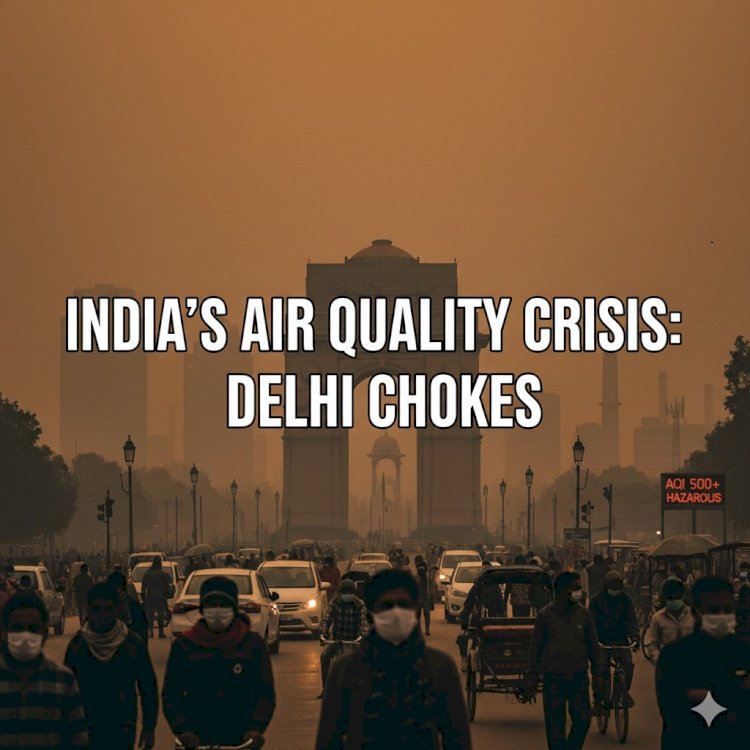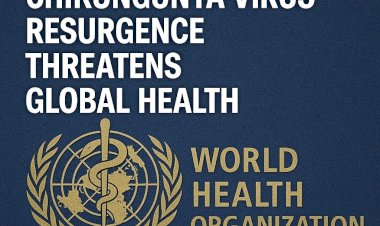India Chokes: Air Quality Crisis Reaches Alarming Levels, Sparking Health Emergency Fears

NEW DELHI—India is grappling with an escalating air quality crisis, with major cities, particularly the capital New Delhi, frequently registering "severe" to "hazardous" pollution levels that are triggering widespread health warnings and desperate calls for action. The annual winter smog season has arrived early and with alarming intensity, casting a toxic pall over millions.
Recent days have seen the Air Quality Index (AQI) in New Delhi soar well above 400, often breaching the 500-mark, a level considered "hazardous" where even healthy individuals are advised to avoid all outdoor activity. To put this in perspective, the World Health Organization (WHO) considers an average daily PM2.5 concentration above 15 micrograms per cubic meter to be unsafe; Delhi's levels have routinely topped 300-400 µg/m³ in recent weeks.
The crisis is a complex cocktail of factors:
-
Stubble Burning: Farmers in neighboring states continue to burn crop residue after harvests, sending vast plumes of smoke towards the capital.
-
Vehicular Emissions: Rapid urbanization and a booming vehicle population contribute significantly to industrial and traffic-related pollution.
-
Industrial Pollution: Factories and power plants surrounding urban centers often operate with inadequate emission controls.
-
Dust: Construction activities and dry conditions kick up large amounts of particulate matter.
-
Meteorological Factors: During winter, cold, still air traps pollutants close to the ground, exacerbating the problem.
Health Emergency Declared
The deteriorating air has prompted authorities to declare a public health emergency in several regions. Schools have been ordered closed, construction activities halted, and odd-even traffic schemes considered or implemented in desperate attempts to reduce emissions. Doctors are reporting a sharp increase in respiratory illnesses, asthma attacks, and cardiovascular problems.
"We are seeing a massive surge in patients, from children to the elderly, complaining of breathlessness, severe coughs, and chest infections," a prominent pulmonologist in Delhi stated. "This isn't just an environmental problem; it's a profound public health crisis that is shortening lives and significantly impacting quality of life."
The economic fallout is also substantial, affecting tourism, productivity, and investment. International bodies and environmental groups have repeatedly highlighted India's struggle, with a recent report ranking several Indian cities among the most polluted globally.
While government initiatives like the National Clean Air Programme (NCAP) aim to reduce particulate matter concentration by 20-30% by 2024, implementation has been slow and inconsistent. Critics argue that short-term emergency measures are insufficient and call for more robust, long-term strategies focusing on renewable energy transition, stricter industrial norms, sustainable agriculture practices, and enhanced public transport.
As winter deepens, the challenge remains immense, with millions of citizens bracing for weeks, if not months, of breathing dangerously toxic air.

 content-team
content-team 


















